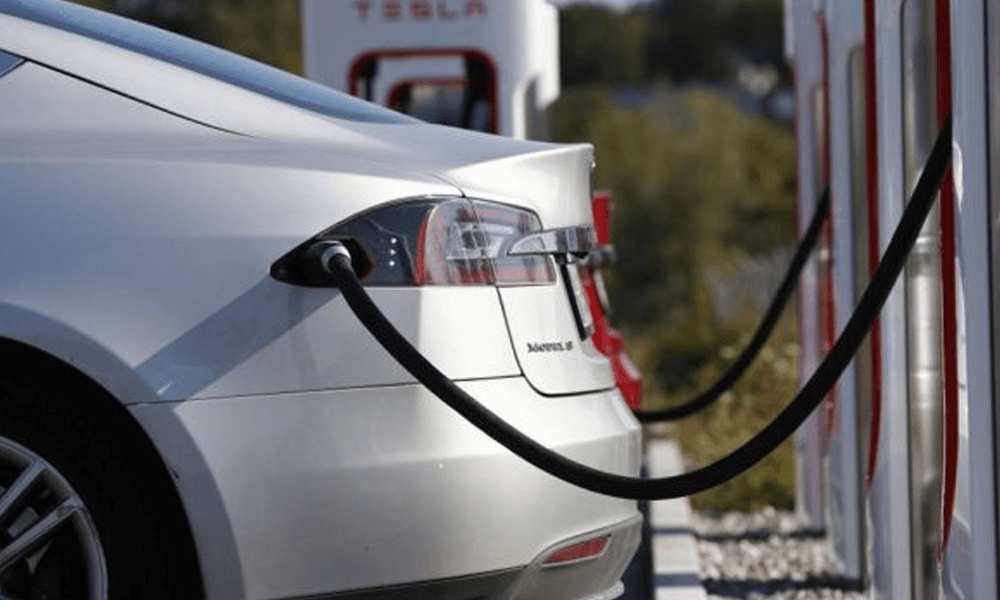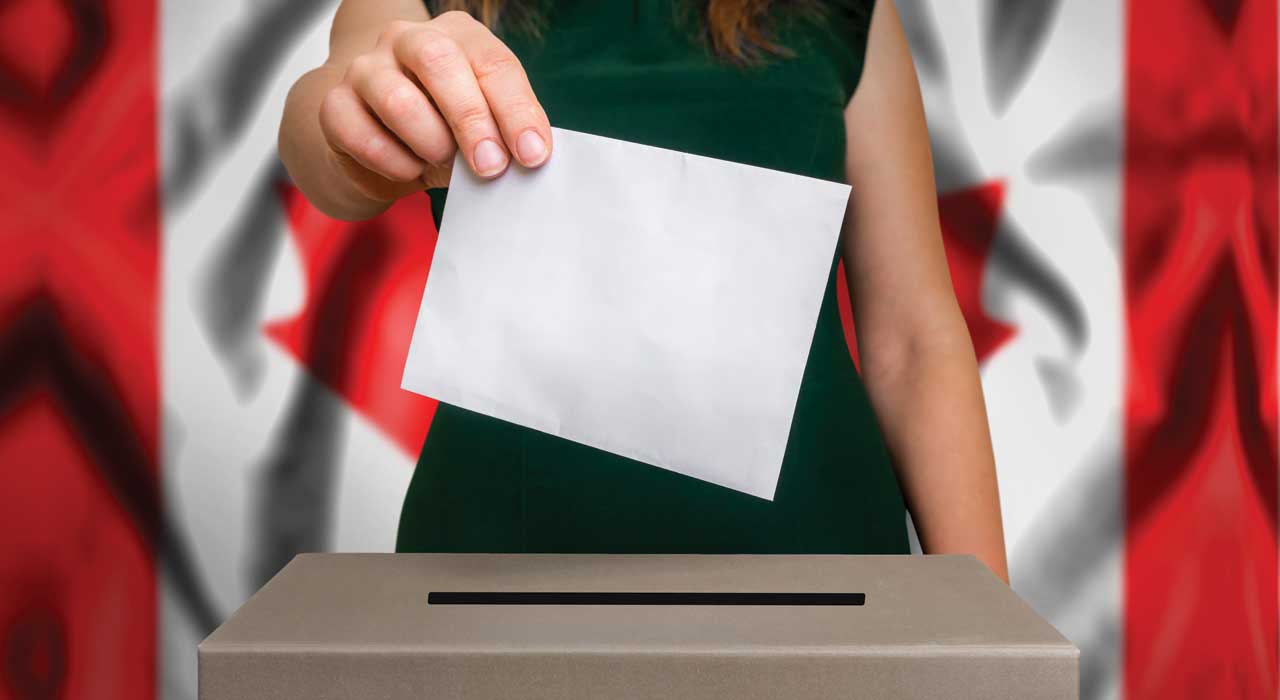Auto Dealers Intensify Fight Against Electric Vehicle Regulations

Table of Contents
Economic Concerns Fueling Dealer Opposition
The transition to an EV-centric market presents considerable economic challenges for auto dealers, fueling their opposition to stricter electric vehicle regulations. These concerns are multifaceted and impact various aspects of their business model.
Impact on Profit Margins
The shift to EVs directly impacts dealership profitability in several ways. Traditional internal combustion engine (ICE) vehicles generate substantial revenue from service and repair, a revenue stream significantly reduced with EVs due to their simpler mechanics and fewer moving parts.
- Lower repair and maintenance income from EVs: EVs have fewer components requiring regular maintenance compared to gasoline-powered cars, leading to a decline in service revenue for dealerships.
- Increased training costs for technicians: Dealerships need to invest heavily in training their technicians to service and repair EV components, which requires specialized knowledge and tools.
- Higher inventory costs due to expensive EV batteries: The high cost of EV batteries increases the capital investment required for dealerships to maintain sufficient inventory.
- Potential for reduced sales volume if EV adoption is slow: Dealerships may face reduced sales volume if the transition to EVs is slower than anticipated, creating a period of reduced revenue during the transition.
These factors collectively threaten the financial viability of many dealerships, particularly smaller independent ones, making them vocal opponents of regulations that accelerate the transition to EVs too quickly. The impact on EV profitability is a key concern driving their opposition to stricter regulations.
Investment in New Infrastructure
Adapting to the EV era necessitates substantial investments in new infrastructure for dealerships. The costs associated with these upgrades are a major source of contention.
- Installation of charging stations: Dealerships must invest in the installation and maintenance of charging stations, both fast-charging and Level 2 chargers, to support EV sales and service.
- Specialized EV repair equipment: Servicing EVs requires specialized tools and equipment, adding to the upfront investment required by dealerships.
- Employee training on EV technology: Dealership staff needs comprehensive training on EV technology, including battery systems, charging infrastructure, and diagnostic procedures.
- Software upgrades for inventory management and sales: Dealerships require upgraded software systems to effectively manage EV inventory, sales processes, and customer service related to EVs.
These infrastructural upgrades represent a considerable financial burden for dealerships, especially those with limited resources, adding to their resistance to policies that mandate faster EV adoption. The expense of EV charging infrastructure and related upgrades is a significant factor in the fight against stricter regulations.
Concerns about Consumer Adoption and Market Readiness
Beyond economic considerations, auto dealers express significant concerns regarding consumer adoption and the overall market readiness for widespread EV adoption.
Range Anxiety and Charging Infrastructure Gaps
One of the biggest hurdles to EV adoption is "range anxiety," the fear of running out of battery charge before reaching a charging station. This anxiety is amplified by the current limitations of public charging infrastructure.
- Lack of widespread fast-charging networks: The availability of fast-charging stations, especially along major highways and in rural areas, remains inadequate.
- Long charging times: Even with fast chargers, charging times are significantly longer than refueling a gasoline car, posing an inconvenience for consumers.
- Concerns about battery life and replacement costs: Consumers are concerned about the longevity of EV batteries and the potentially high cost of replacements.
- Limited EV model availability: The range of available EV models is still limited compared to gasoline-powered vehicles, limiting consumer choice.
Addressing these infrastructure gaps and consumer concerns is crucial for accelerating EV adoption, but the current state of affairs fuels dealer concerns and opposition to regulations pushing rapid transition. The lack of sufficient public EV charging and related range anxiety significantly impact consumer perception and purchasing decisions.
High Purchase Prices and Affordability
The higher initial purchase price of EVs compared to gasoline-powered vehicles is another significant barrier to widespread adoption, and consequently, a concern for dealers.
- Government incentives often insufficient to offset price difference: While government incentives exist, they often don't fully offset the higher price of EVs, making them less accessible to many consumers.
- Limited access to affordable EV financing options: Securing affordable financing for EVs can be challenging for some consumers, further hindering adoption.
- Impact on lower-income consumers: The higher cost of EVs disproportionately impacts lower-income consumers, limiting their access to this technology.
The affordability of EVs remains a critical issue, and dealers worry that stricter regulations pushing EV adoption without addressing affordability concerns will negatively impact sales and overall market growth. The issue of EV prices and affordability plays a major role in the dealers' opposition.
Lobbying Efforts and Political Influence
Auto dealers and their industry associations are actively engaged in lobbying efforts to influence policy decisions related to electric vehicle regulations.
Industry Associations and Political Advocacy
Powerful automotive industry associations play a significant role in shaping the political landscape surrounding EV regulations.
- Campaign contributions to politicians: Industry associations make substantial campaign contributions to politicians, aiming to influence their voting patterns on legislation related to EVs.
- Lobbying efforts to influence legislation: They actively lobby lawmakers to influence the drafting and passage of legislation related to EV mandates and regulations.
- Public relations campaigns to shape public opinion: Industry associations launch public relations campaigns to influence public opinion and shape the narrative around EV adoption.
These efforts demonstrate the significant political influence wielded by the automotive industry in its opposition to stringent EV regulations.
Arguments Presented Against Stricter Regulations
Dealers and industry groups employ various arguments to oppose stricter electric vehicle regulations.
- Claims of premature technology: They argue that EV technology is not yet mature enough to support widespread adoption and that stricter regulations are premature.
- Concerns about grid stability: They raise concerns about the potential strain on the electricity grid caused by a massive increase in EV adoption.
- Arguments against mandated EV sales targets: They oppose government mandates requiring a certain percentage of EV sales, arguing it interferes with consumer choice and market dynamics.
- Emphasis on consumer choice: They stress the importance of consumer choice and argue that regulations should not force consumers to adopt EVs before they are ready.
Conclusion
The fight against electric vehicle regulations is intensifying, driven by significant economic concerns and uncertainties about consumer adoption. Auto dealers are leveraging their political influence to advocate for policies that ease the transition to EVs, while simultaneously aiming to protect their existing business models. Understanding these opposing forces is crucial for navigating the future of the automotive industry. The ongoing debate surrounding electric vehicle regulations will significantly shape the speed and nature of the transition to a cleaner transportation system. To stay informed on the latest developments, continue to follow discussions on electric vehicle regulations and their impact on the automotive industry.

Featured Posts
-
 A Path To Fiscal Responsibility Reforming Canadas Liberal Economic Policies
Apr 24, 2025
A Path To Fiscal Responsibility Reforming Canadas Liberal Economic Policies
Apr 24, 2025 -
 Trumps Immigration Enforcement New Legal Obstacles Emerge
Apr 24, 2025
Trumps Immigration Enforcement New Legal Obstacles Emerge
Apr 24, 2025 -
 John Travoltas Heartfelt Tribute Photo Marks Late Sons Birthday
Apr 24, 2025
John Travoltas Heartfelt Tribute Photo Marks Late Sons Birthday
Apr 24, 2025 -
 Memoir From Key Jan 6 Witness Cassidy Hutchinson Coming This Fall
Apr 24, 2025
Memoir From Key Jan 6 Witness Cassidy Hutchinson Coming This Fall
Apr 24, 2025 -
 The Ted Lasso Resurrection Brett Goldsteins Perspective On Season 3
Apr 24, 2025
The Ted Lasso Resurrection Brett Goldsteins Perspective On Season 3
Apr 24, 2025
